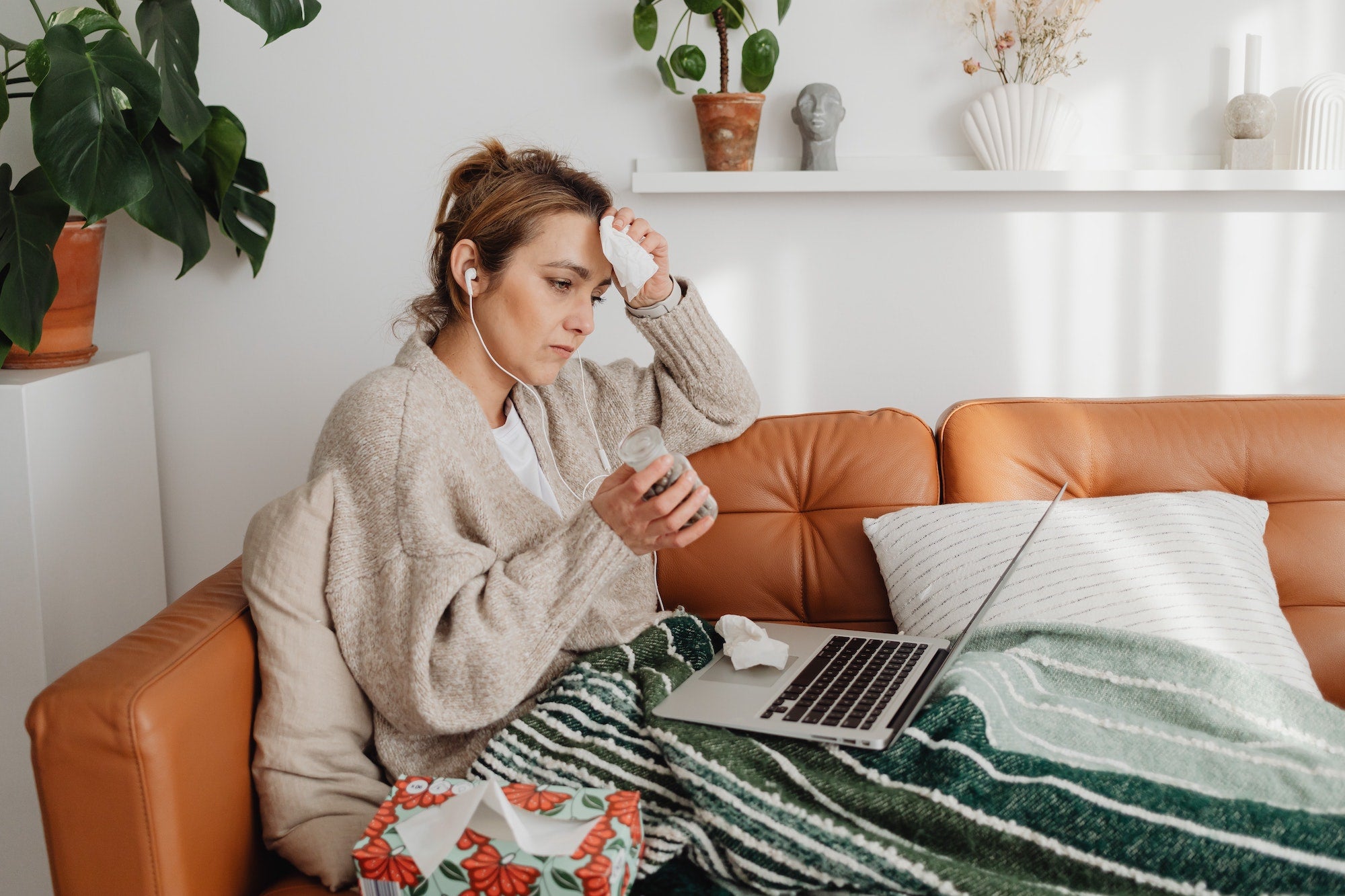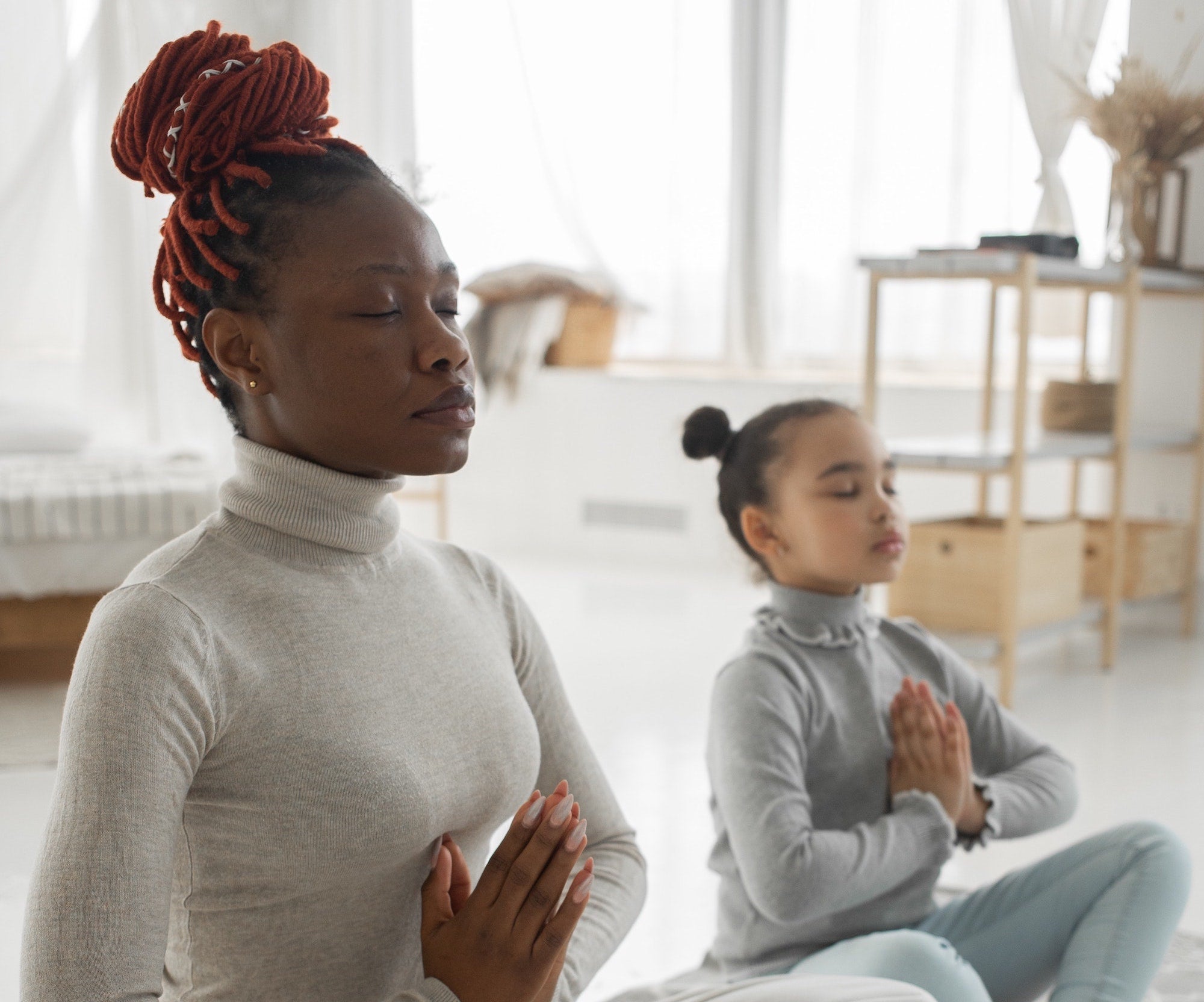6 of the Best Ways to Deal with Stress and Anxiety
Published September 14, 2022

We all have stress in our lives. Depending on your career, lifestyle, habits and mental predispositions, you may experience anxiety occasionally, regularly or even frequently. Anxiety can sneak up on you at work, at home and even when you are trying to fall asleep, robbing you of your relaxation, composure, and sometimes even disrupt your mental health and wellbeing. No matter the time, place or frequency, coping with an anxiety attack or overwhelming stress can be difficult. Here are some of the best ways to self-soothe and quell those anxious feelings when they arise.
Deep (or, diaphragmatic) breathing exercises
Your diaphragm is located underneath your lungs and pushes down your digestive guts so that you can take a deeper, fuller breath. Diaphragmatic breathing is what you do when you engage the diaphragm and expand your belly as you breathe, giving the lungs more room to expand and take in more oxygen. Breathe in through your nose for four seconds, hold for one second, and then breathe out through your mouth for five seconds, making a “whoosh” sound that will relax many of the physical symptoms of anxiety that you are feeling.
Progressive muscle relaxation (PMR)
When you are stressed or anxious, you often tighten your muscles which makes it difficult to fully release the tension you are feeling, and can even lead to muscle pain. To do progressive muscle relaxation, start by fully contracting one muscle group for ten to twenty seconds, and then release it all at once into deep relaxation. You may want to assign an order to this, for example starting with your forehead and working your way down to your feet. This technique can also help with chronic pain and insomnia.
Exercise
Physical activity releases endorphins in the brain, which improves your mood, and is the cause of the “runner’s high.” It may seem counterintuitive to suggest increasing the stress on your body when you are already feeling stressed, but the stress-relieving effects of exercise actually increase the more frequently you do it. And not only will physical activity help to relieve stress in the moment, but it will also improve sleep and confidence in the long run.
Essential oils
Essential oils, which you can find in aromatherapy candles or roll-on oils, have long been known to possess soothing qualities. Some of the most calming, sleep-improving varieties are lavender, rose, frankincense, sandalwood, geranium, and bergamot.
Laugh with friends
Laughter and social connections are two of the most fun stress-busters. One study found that spending time with friends can help to release oxytocin, a natural stress reliever, while laughter can help bring extra oxygen into the body and relieve tension. Together, this creates the “tend and befriend” effect, which is the opposite of the fight-or-flight response, which creates stress.



